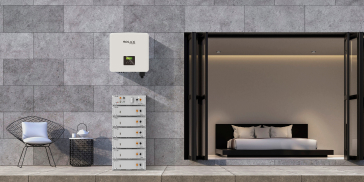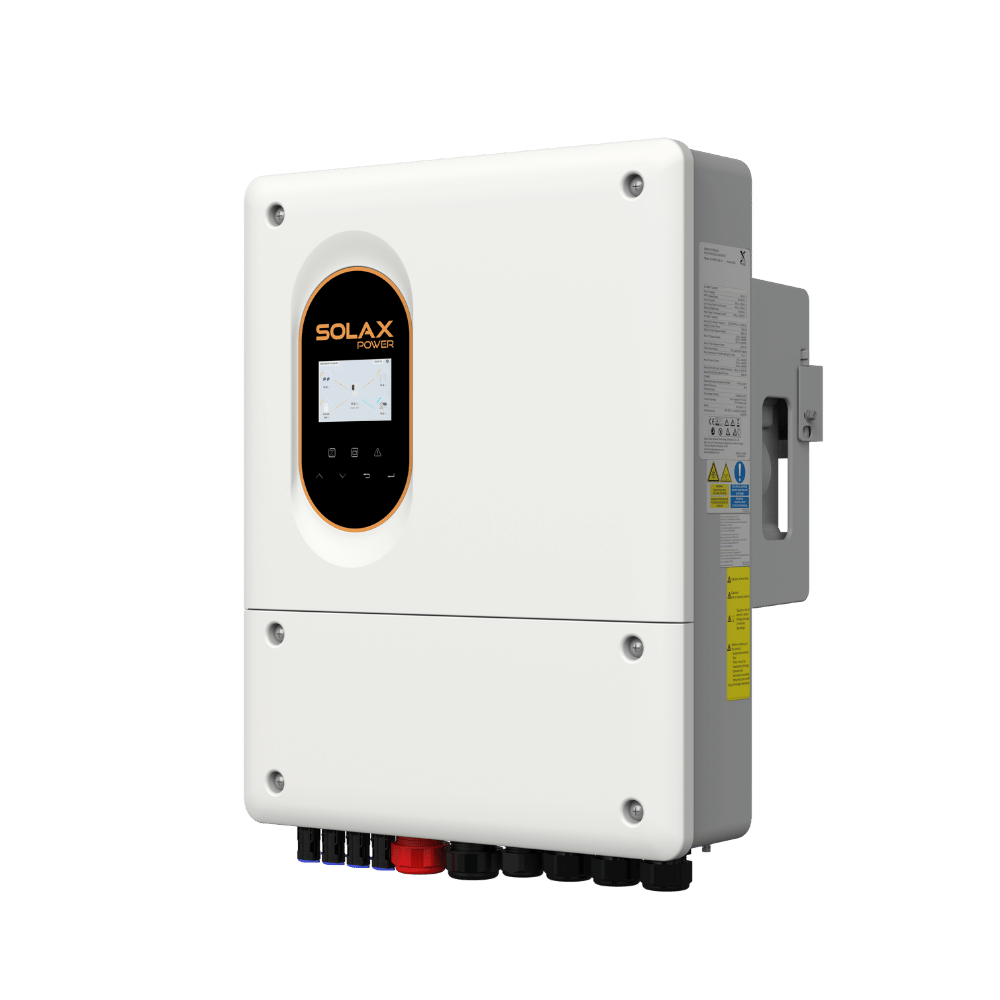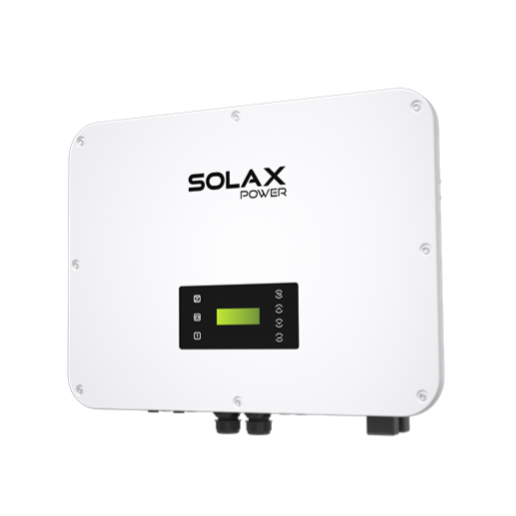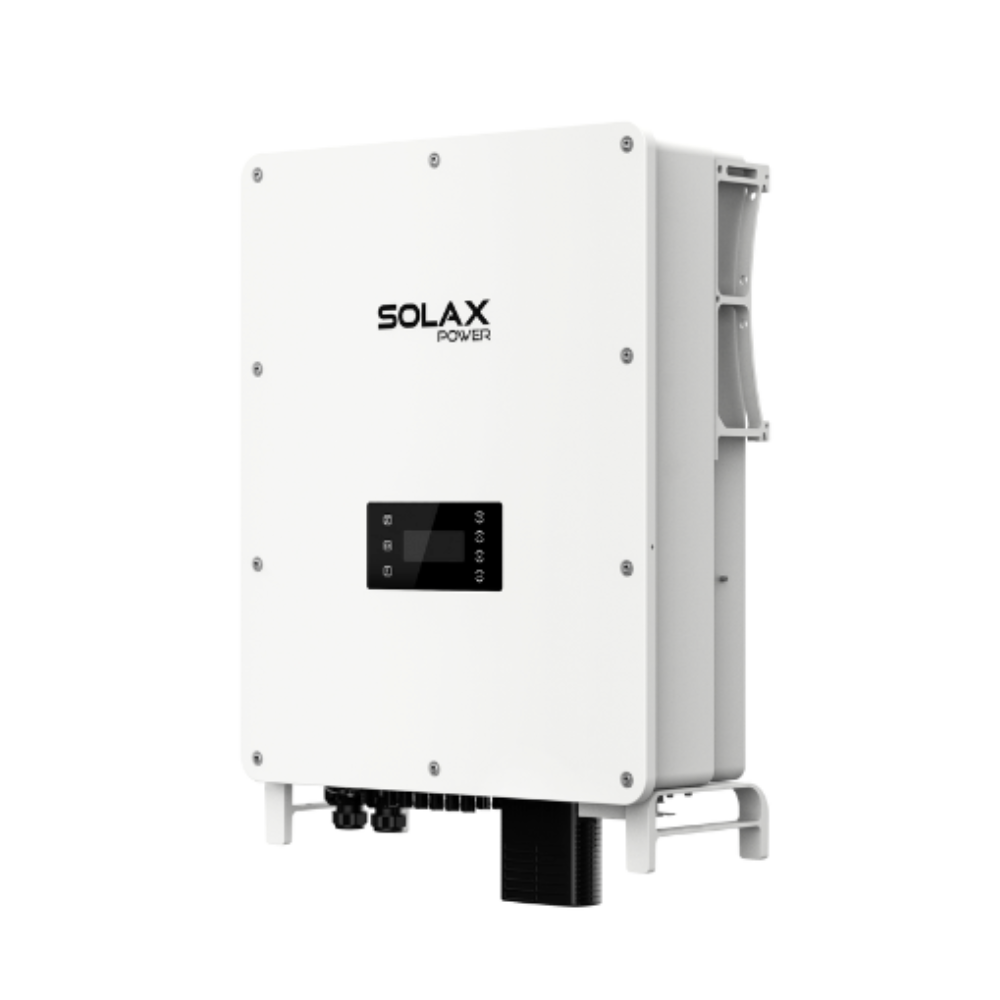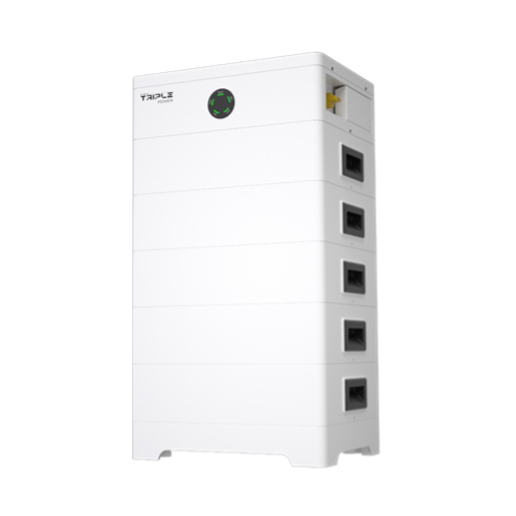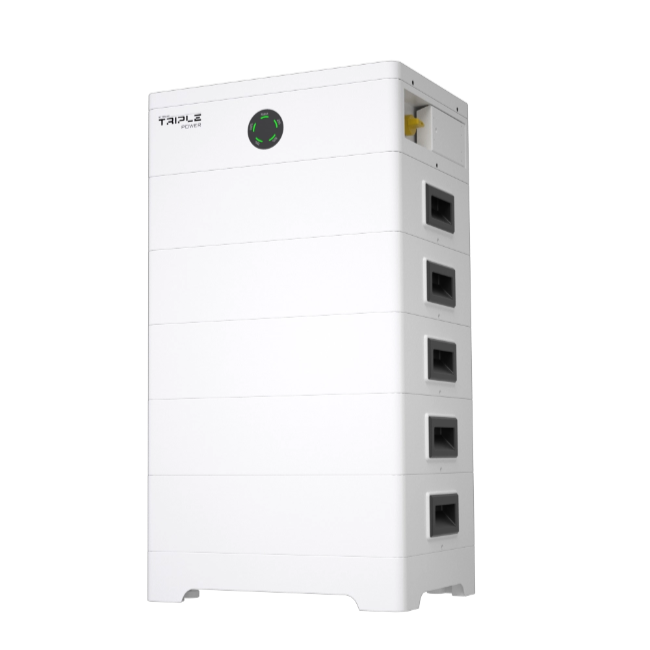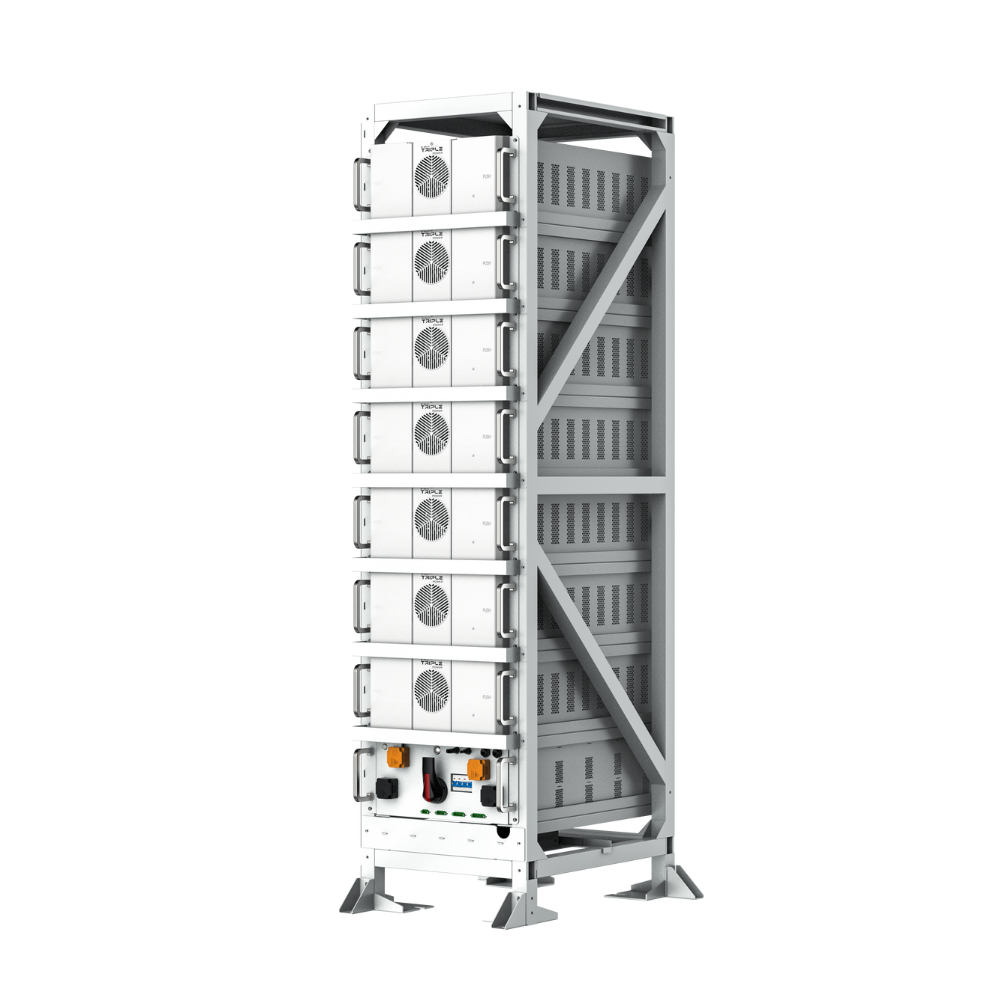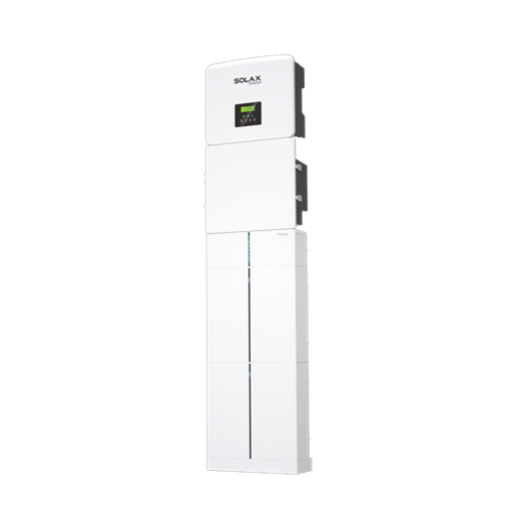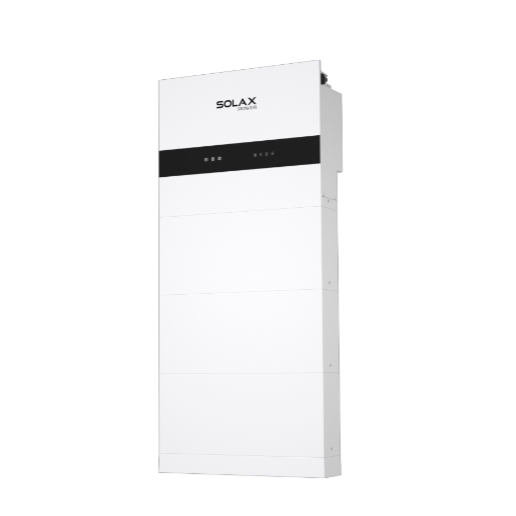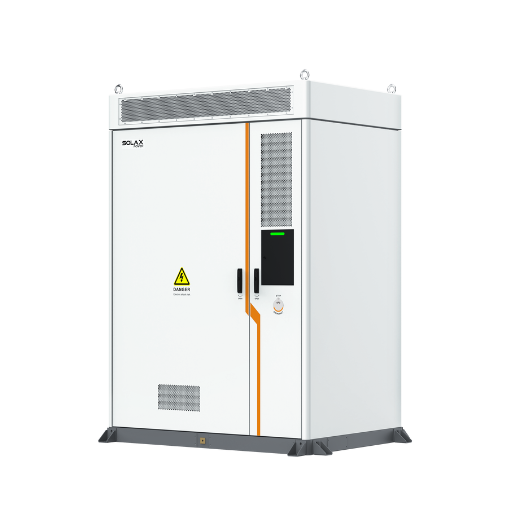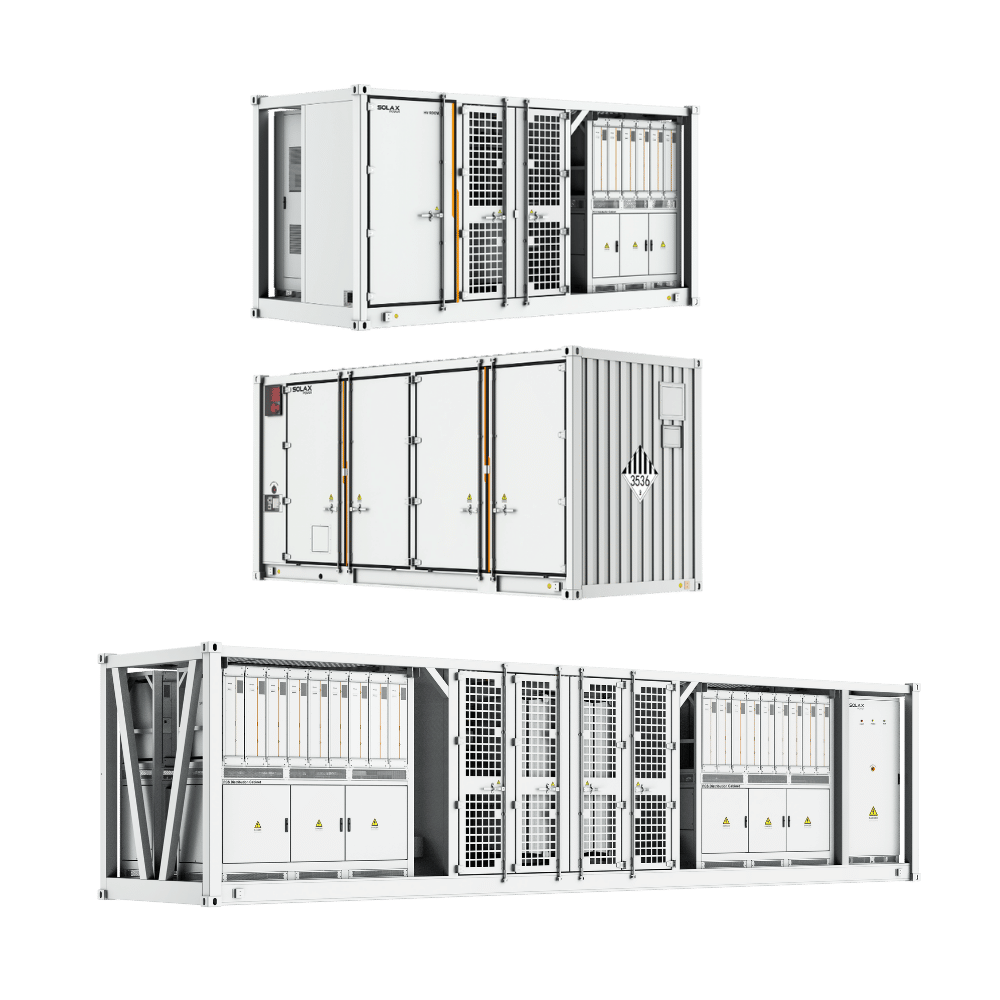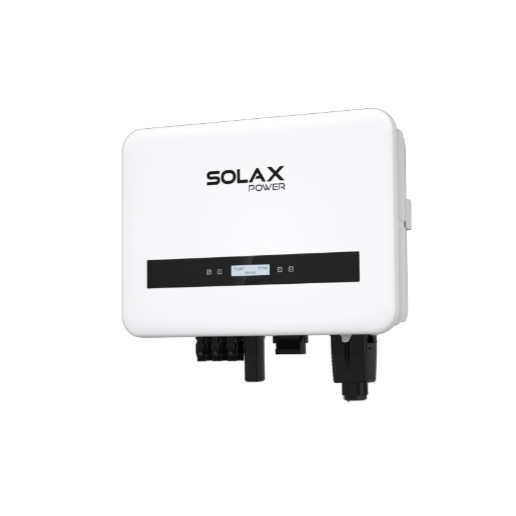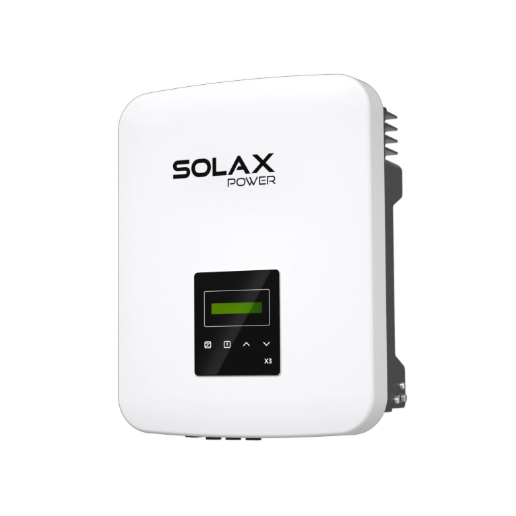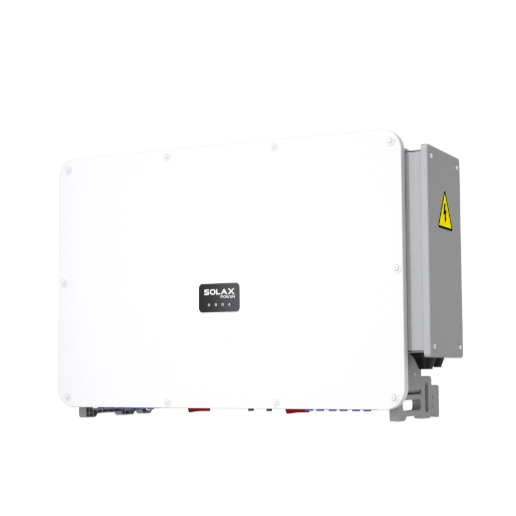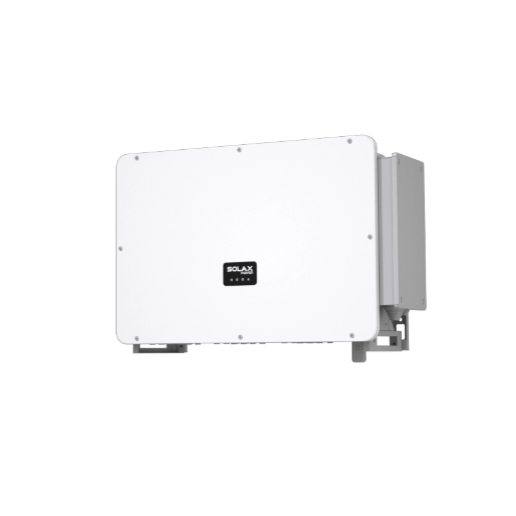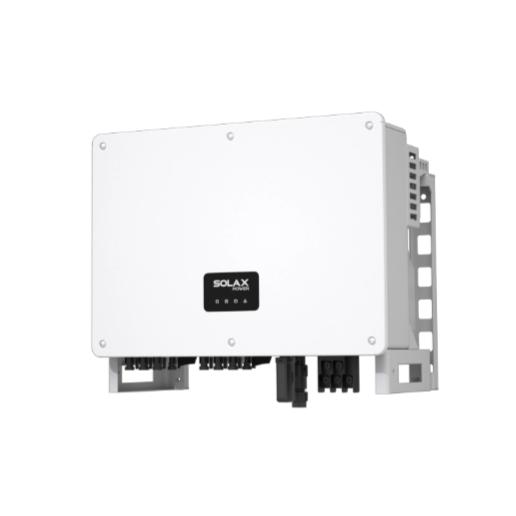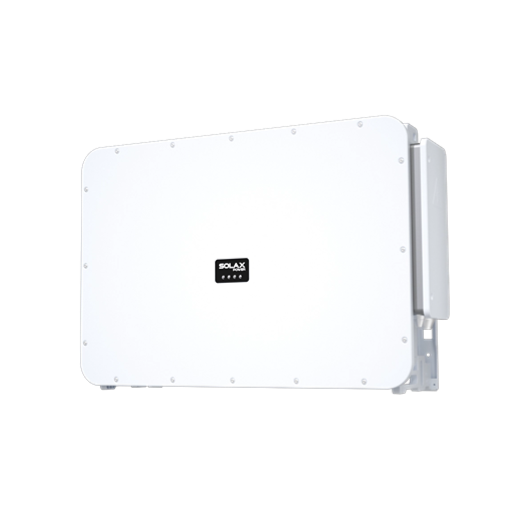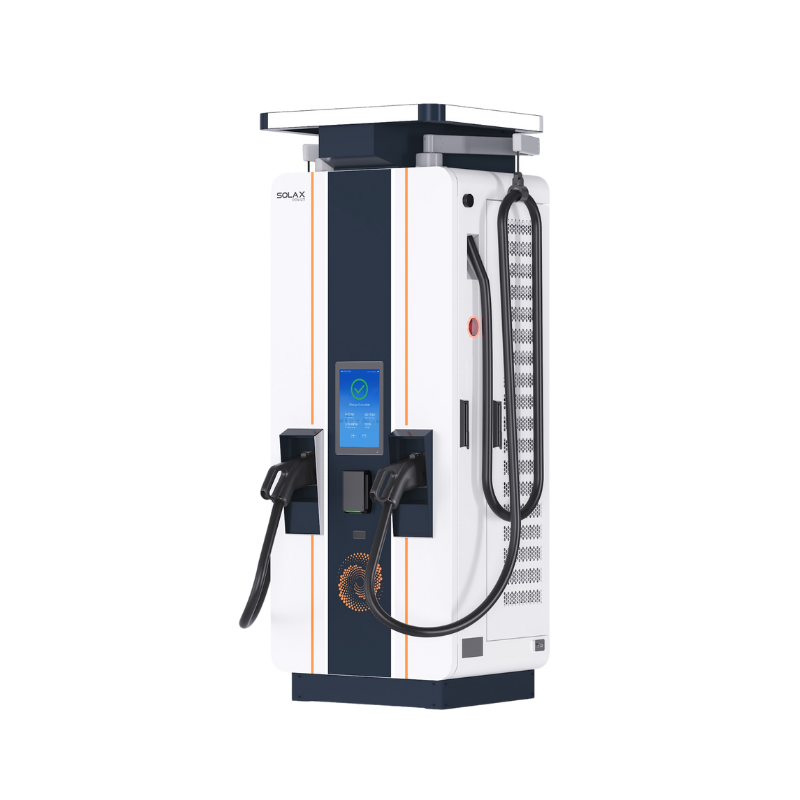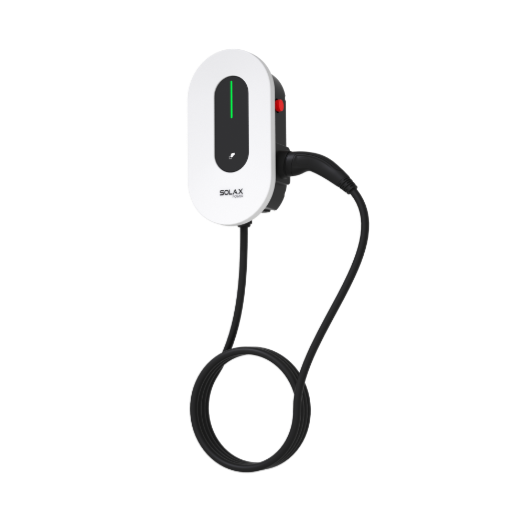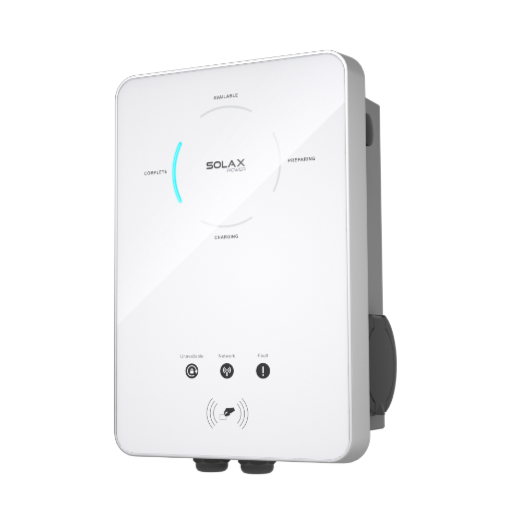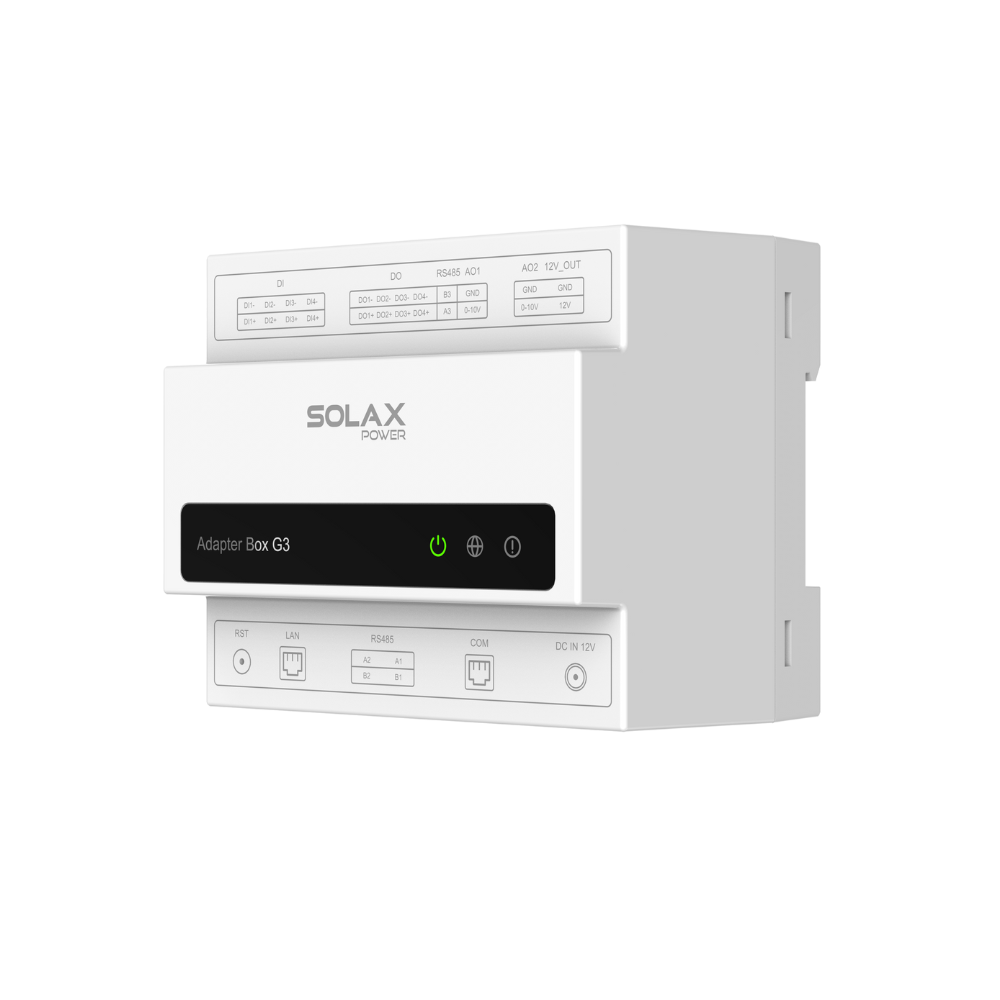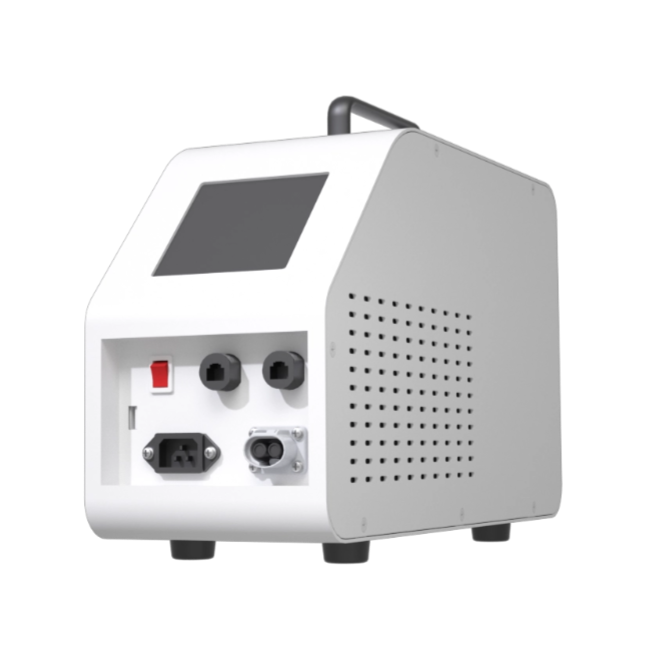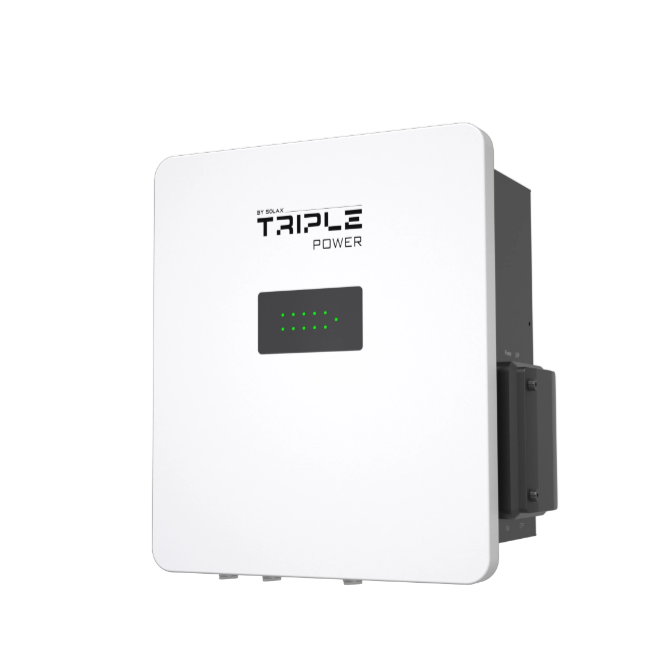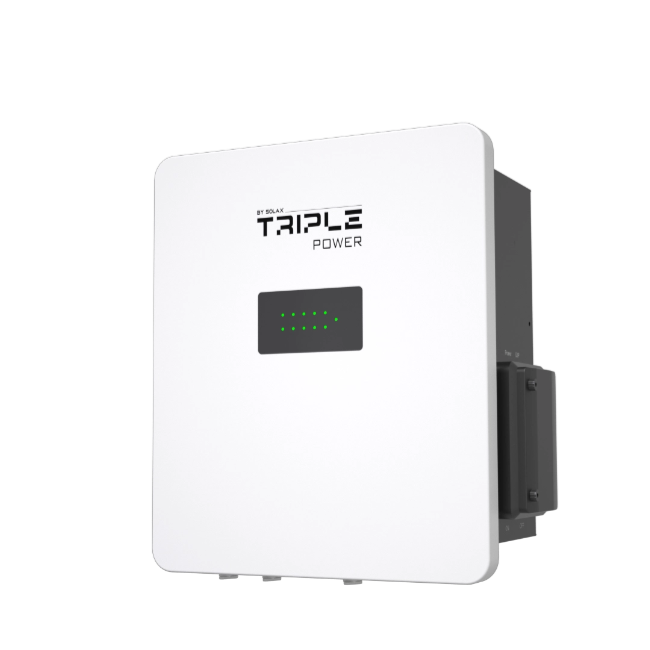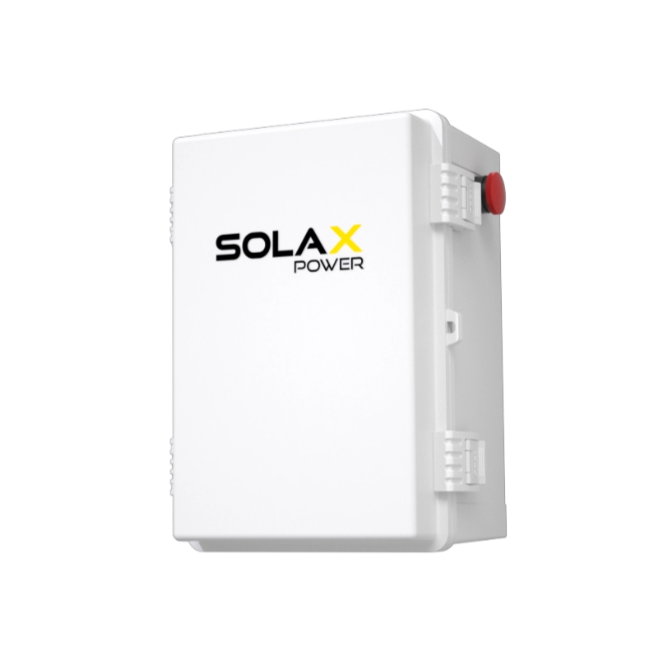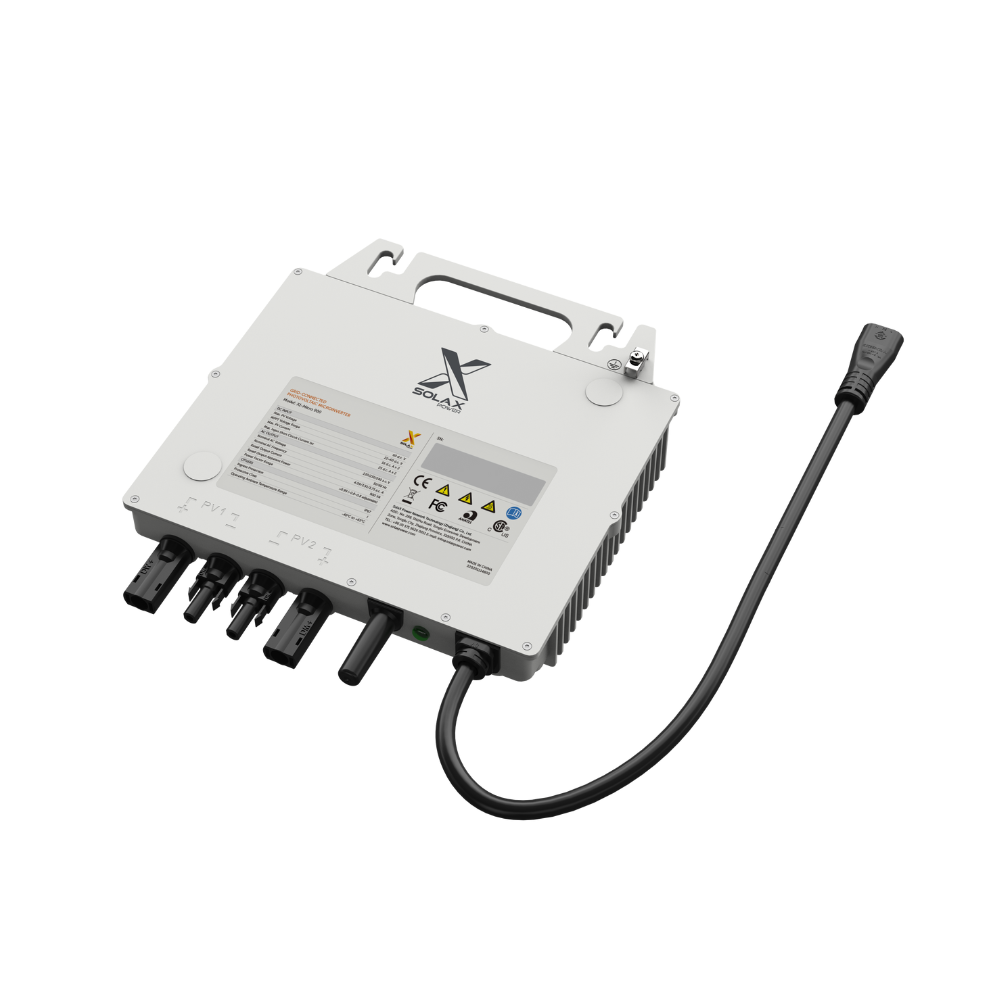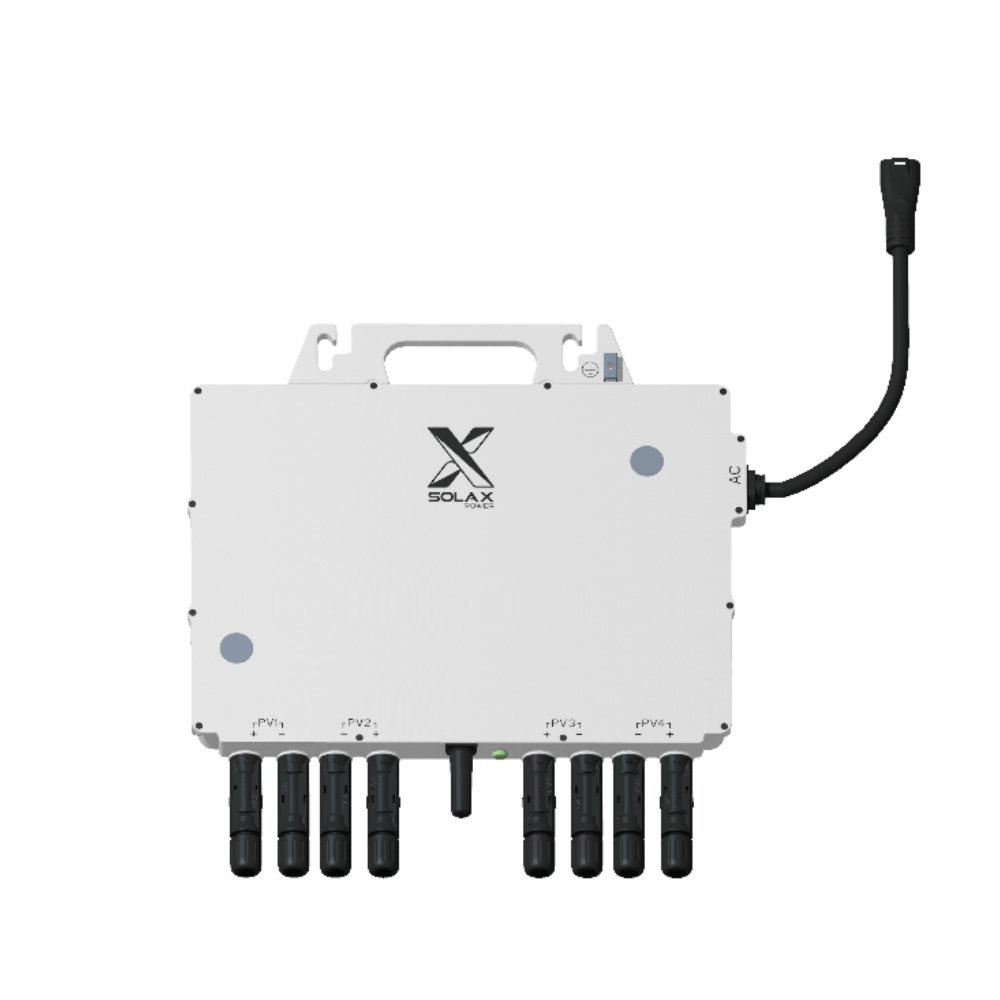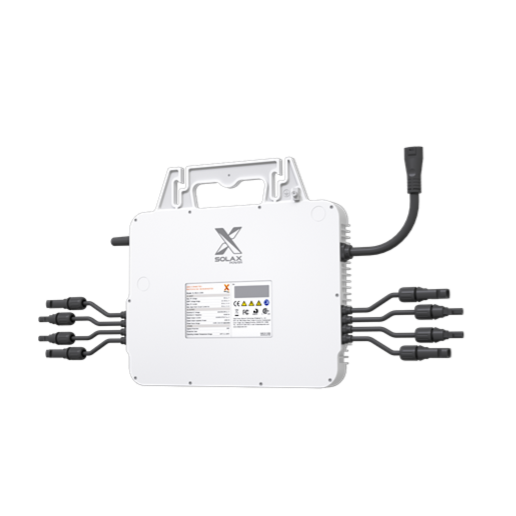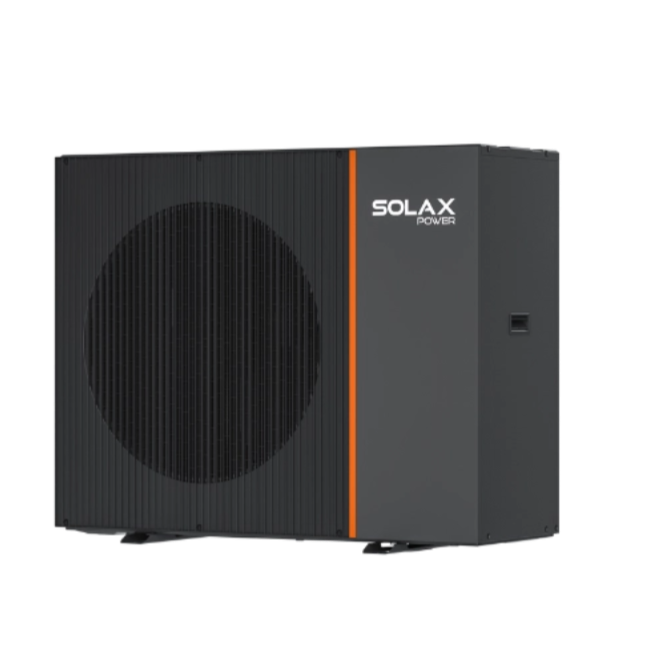July 10, 2025
Residential Renewable Energy Systems Types and Benefits
Share my #SolaXStory
In recent years, the growing demand for clean, sustainable energy has led many homeowners to explore renewable energy systems for homes. These systems harness natural resources like sunlight and wind to generate power, reducing reliance on traditional grid electricity. With advancements in technology and increasing awareness of climate change, the adoption of home renewable energy solutions has become more accessible than ever. In this blog, we'll explore the different types of residential renewable energy systems, their benefits, and how to choose the best solution for your home.
1. What is a Residential Renewable Energy System?
A residential renewable energy system refers to any system installed in a home that generates electricity or heat from renewable resources like solar, wind, or geothermal energy. These systems are designed to reduce homeowners' reliance on fossil fuels, minimize environmental impact, and lower energy bills. From solar panels on the roof to wind turbines in the backyard, residential renewable energy solutions offer a sustainable way to power your home.

2. Types of Renewable Energy for Homes
There are several types of renewable energy systems that homeowners can choose from, depending on their needs, location, and budget. Below, we'll explore the most common options for residential energy generation.
2.1 Solar PV Systems
Solar Photovoltaic (PV) systems are one of the most popular home renewable energy systems, using solar panels to convert sunlight into electricity. These panels consist of solar cells made from semiconductors that absorb sunlight and create an electrical current. Solar PV systems are easy to install, require minimal maintenance, and can significantly reduce or eliminate energy bills over time. For homeowners in areas with abundant sunshine, a home solar power system offers an ideal solution for generating clean energy.
2.2 Solar Water Heating
Solar water heating systems use solar energy to heat water for domestic use. These systems typically consist of solar collectors installed on the roof, a storage tank, and a pump to circulate the water. Solar water heating is an excellent choice for homeowners who want to reduce their electricity consumption for heating water, as it can provide up to 70% of a household's hot water needs. These systems are particularly beneficial in areas with plenty of sunlight and can be paired with other renewable energy solutions for enhanced efficiency.
2.3 Residential Wind Turbines
Residential wind turbines are small-scale turbines installed on residential properties to harness wind energy. These systems generate electricity by converting wind energy into mechanical power, which is then used to generate electricity. Wind turbines are most effective in areas with consistent wind patterns. For homeowners in suitable locations, residential wind turbines offer an excellent way to produce clean energy and reduce grid dependence.
A solar wind hybrid system for home is a growing trend, where both wind and solar energy work together to provide a more reliable and consistent power source. This hybrid renewable energy system takes advantage of the complementary nature of solar and wind resources, ensuring power generation in varying weather conditions.
2.4 Hybrid PV + ESS Systems
A hybrid PV + ESS (Energy Storage System) combines solar energy generation with a storage system, allowing homeowners to store excess energy for use during periods of low sunlight or at night. These hybrid energy systems typically include solar panels, inverters, and batteries. The batteries store excess energy produced during the day, which can be used when energy demand is high or during power outages.
SolaX's hybrid solar power system is a perfect example of this integrated approach, offering efficient storage and smart energy management to maximize energy savings. These systems are especially useful for homeowners who want to maintain energy independence and resilience.
3. Benefits of Residential Renewable Energy
Reduced Energy Costs
One of the most significant advantages of residential renewable energy systems is the potential for reduced energy costs. By generating your own electricity or heating your own water, you can reduce or eliminate your reliance on the power grid, which helps lower monthly energy bills. In some cases, homeowners can even sell excess energy back to the grid, earning additional income or credits through net metering programs.
Sustainability & Energy Independence
Investing in home renewable energy systems contributes to sustainability by reducing the carbon footprint of your household. Solar, wind, and other renewable energy sources produce little to no greenhouse gas emissions, making them an environmentally friendly choice. Additionally, energy independence is a key benefit, as homeowners can reduce their reliance on traditional utility companies and ensure a more secure energy supply, especially during outages or grid failures.
Financial Incentives
Many governments offer financial incentives such as tax credits, rebates, and subsidies to encourage the adoption of renewable energy systems for homes. These incentives can help offset the initial cost of installation, making home renewable energy solutions more affordable. In addition, the long-term savings on energy bills can make these systems a smart investment, offering financial benefits over the lifetime of the system.
4. Choosing the Right Residential Renewable Energy Solutions
Choosing the right home renewable energy solutions for your property requires careful consideration of several factors:
Location and Climate: The effectiveness of your system depends largely on your location. Areas with ample sunlight are ideal for solar PV systems, while locations with consistent wind patterns may benefit more from residential wind turbines. A home solar and wind hybrid system can be an excellent option for regions with both sunlight and wind.
Energy Needs: Evaluate your household's energy consumption to determine the size and type of system you need. If your energy demands are high, you may need a larger system or a hybrid solution with energy storage to ensure a steady power supply.
Budget: While renewable energy systems can have a significant upfront cost, many homeowners find that the long-term savings outweigh the initial investment. Consider available incentives and financing options to help reduce the cost.
Installation and Maintenance: Installation of renewable energy systems typically requires professional expertise, especially for hybrid renewable energy systems. Ensure that you work with qualified installers to ensure proper setup and performance. Maintenance is generally low but may involve occasional cleaning or servicing of equipment.
Residential renewable energy systems provide homeowners with an opportunity to reduce energy costs, increase sustainability, and achieve greater energy independence. With a variety of options, including solar PV systems, solar water heating, residential wind turbines, and hybrid energy systems——homeowners can choose from a range of smart residential solutions tailored to different locations and energy needs.
Brands like SolaX offer advanced technologies to make it easier for homeowners to transition to renewable energy and enjoy long-term benefits. By choosing the right system for your needs, you can make your home more energy-efficient, environmentally friendly, and cost-effective.
Last News
Explore expert insights, practical guides, and the latest news on SolaX Power.
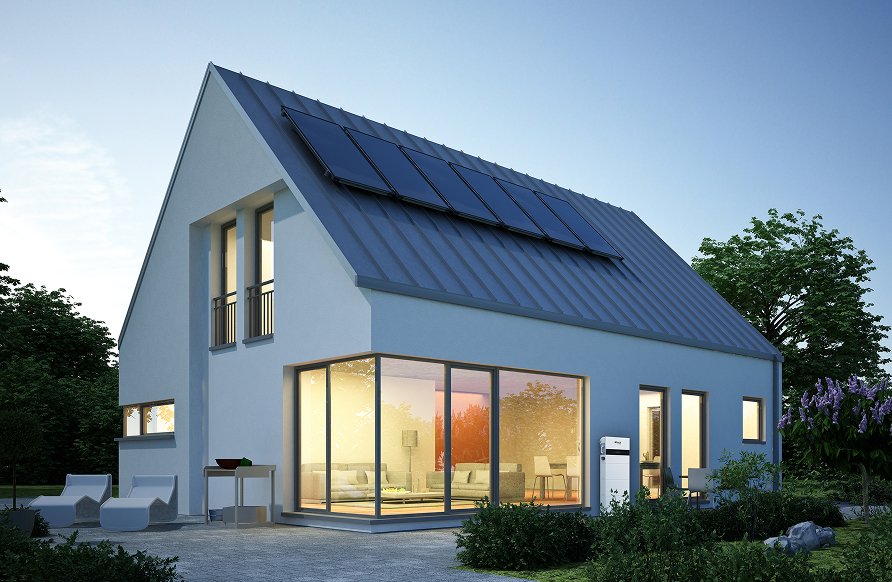
To the Latest Newsletter
Stay Ahead with the Latest SolaX Updates!
Subscribe
I have read and agree to Privacy Policy and User Terms



